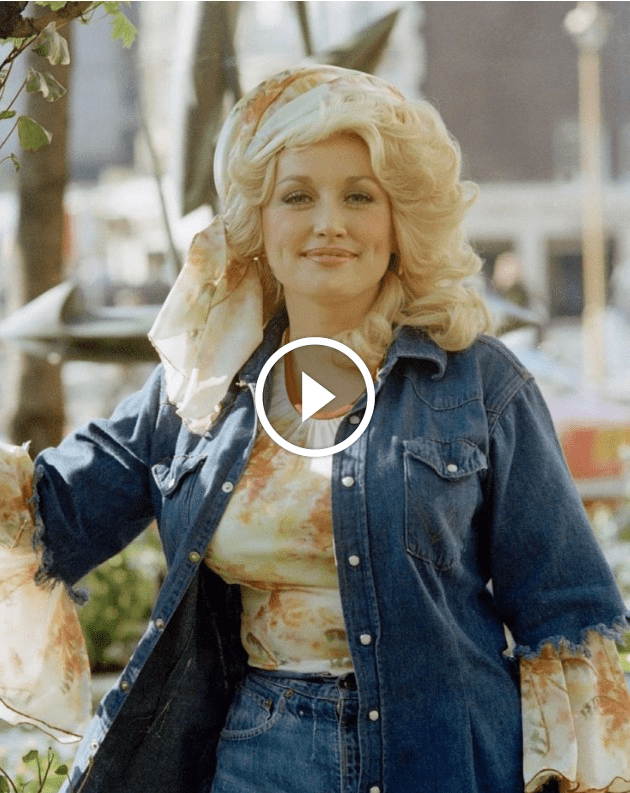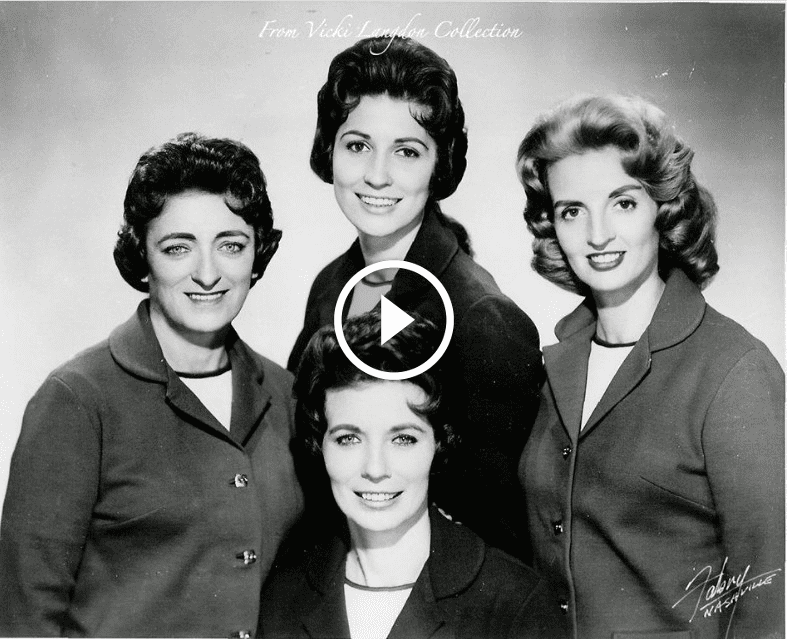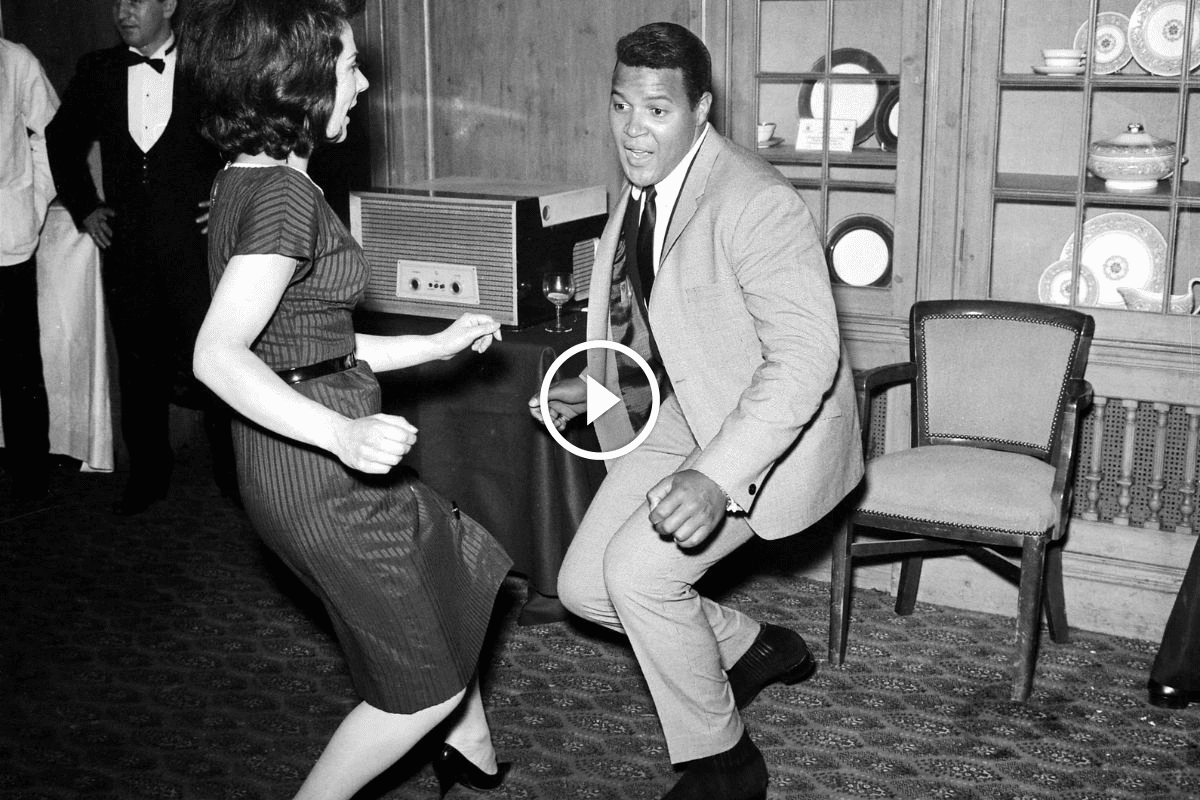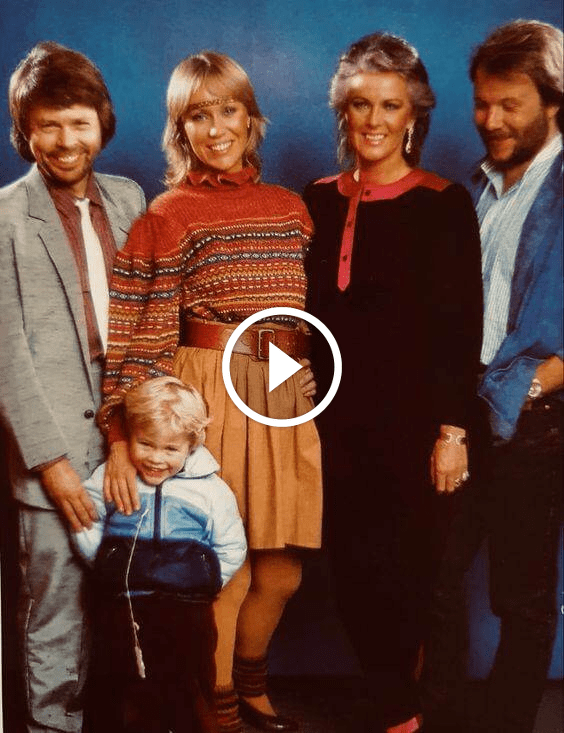Step into a world of heartache, vulnerability, and a desperate plea for love’s preservation with Dolly Parton’s iconic ballad, “Jolene”. Released in October 1973 as the title track and lead single from her album Jolene, this song transcended the boundaries of country music and became a universal anthem of female vulnerability and the fear of losing a loved one. “Jolene” isn’t a vengeful tirade against a rival; it’s a heartfelt plea for another woman to understand the depth of a love she could never replicate.
Dolly Parton, a legendary country music singer, songwriter, and actress, wrote and composed “Jolene” herself. The song allows her to showcase her signature blend of vulnerability and strength, wrapped in her instantly recognizable, warm vocals. “Jolene” doesn’t shy away from portraying the raw emotions of insecurity and jealousy; instead, it uses vivid imagery and relatable scenarios to paint a picture of a woman fearing for her relationship. The song’s universal themes of love, insecurity, and the complexities of female relationships resonated with listeners far beyond the country music genre.
The beauty of “Jolene” lies in its simplicity and its evocative imagery. The song doesn’t rely on complex metaphors or elaborate musical arrangements. Instead, it uses a series of direct and relatable details to establish the emotional stakes. Lines like “Your beauty is beyond compare / With flaming locks of auburn hair / With ivory skin and eyes of emerald green” paint a vivid picture of Jolene, highlighting the qualities that threaten the protagonist’s relationship. The song avoids unnecessary melodrama, focusing on the protagonist’s genuine fear of losing the love of her life. “He talks about you in his sleep / There’s nothing I can do to keep / From crying when he calls your name, Jolene” captures the raw vulnerability and desperation that consumes the protagonist.
“Jolene” doesn’t delve into self-pity or blame the rival for the situation. The song acknowledges the protagonist’s own insecurities and anxieties. Lines like “And I can easily understand / How you could easily take my man” showcase her honesty and her fear that Jolene possesses qualities she herself may lack. The repeated refrain, “Jolene, Jolene, Jolene, Jolene / I’m begging of you please don’t take my man” becomes a desperate plea, a heartfelt cry for understanding and a recognition of the power Jolene unintentionally holds.
The musical arrangement in “Jolene” perfectly complements the song’s melancholic and introspective mood. Producer Bob Ferguson crafts a simple yet evocative soundscape. A prominent acoustic guitar drives the melody, creating a sense of intimacy and vulnerability. Subtle piano flourishes add depth and a touch of elegance, while a gentle drumbeat keeps the song grounded. Parton’s signature vocals take center stage, delivered with a heartbreaking sincerity that resonates deeply with listeners who have ever faced the fear of losing someone they love.
“Jolene” peaked at number five on the U.S. Billboard Hot Country Singles chart and has since become a cultural phenomenon. The song has been covered by countless artists across genres, a testament to its enduring themes and Parton’s songwriting ability. “Jolene” stands as a timeless classic, a song that captures the vulnerability and complexities of love with a raw honesty that continues to resonate with listeners across generations.




